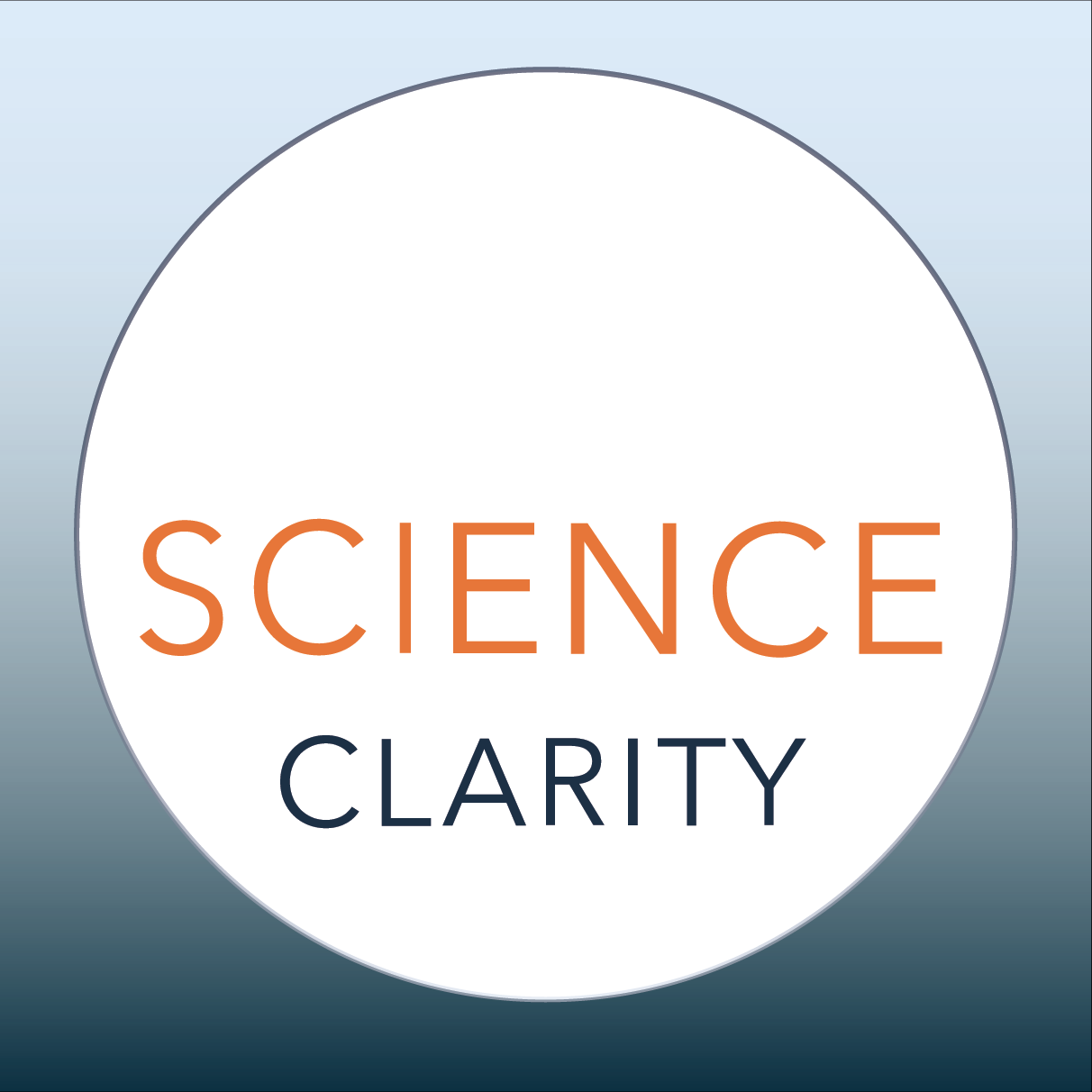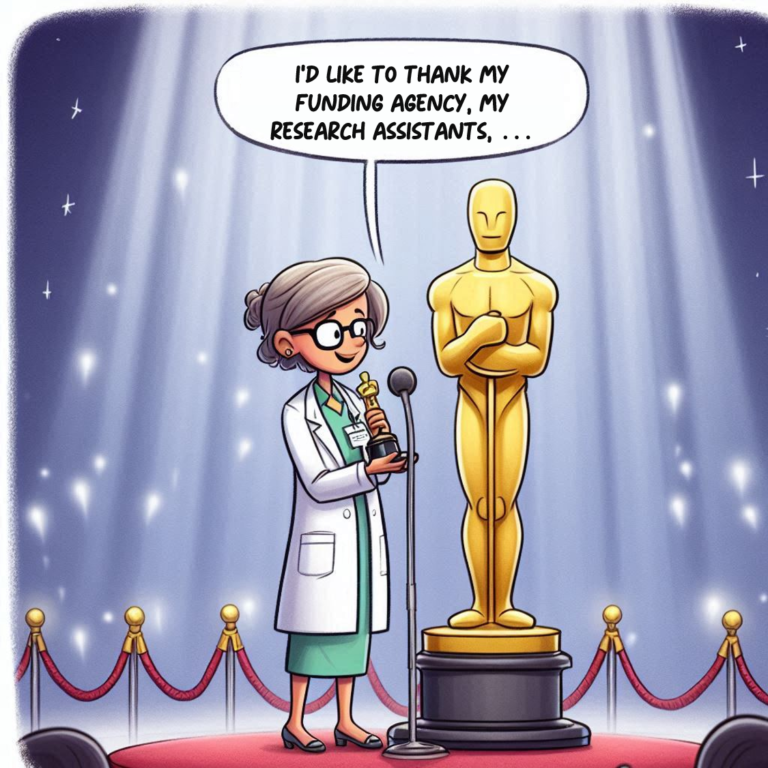When I was a postdoc at the University of Florida, one of the faculty members gave a research talk during which she mentioned that similar work had just been published by another group. She expressed disappointment at being “scooped” but remained hopeful that journal editors would still be interested in her team’s story. It was the first—and possibly only—time I’ve heard a research paper referred to as a “story.”
In the years since, I’ve come to realize that we should all think of our work as a story. After all, no one says, “I’m going to tell a story and make it dry and boring!” Dry and boring storytellers don’t make very many friends at parties—and they don’t win much favor in scientific communities either.
But science is supposed to be documented, not told as a story!
Which is more engaging: a newspaper article or an owner’s manual? Both document information, but people voluntarily read one to learn and read the other only when absolutely necessary. Like news reporting, storytelling isn’t turning your data into a fable or obscuring the facts. It’s simply the clear and compelling account of true events.
Storytelling is the process of distilling the most salient information into a collection of work that engages and informs your intended audience. Even for scientific presentations, that should be the goal.
Thinking of your content as a story makes it easier for you.
Stories provide structure, a logical connection of ideas that guide both the communicator and the audience. They focus attention on what matters most, creating clarity around your key messages and making them easier to understand.
In his Harvard Business Review article “A Simple Hack to Help You Communicate More Effectively,” Matt Abrahams outlines several benefits of a story structure that are especially relevant for scientists:
Clarity: A structure eliminates ambiguity, making your message straightforward and easy to follow.
Retention: Structured ideas are more likely to be remembered, making your communication more impactful.
Persuasion: A logical flow builds your case point by point, guiding your audience through a reasoned argument.
Efficiency: Structure saves you mental energy, simplifying complex ideas into digestible, actionable points.
Reduced anxiety: A clear structure reduces the risk of forgetting key content or overloading your presentation with unnecessary details.
Because stories are naturally engaging, thinking of your research as a story forces you ask important questions that will make your presentation resonate better:
- What will the audience find interesting about my work?
- How can I minimize the boring parts?
- How can I present this in a way that is engaging?
Stories benefit your audience too.
Plain facts are dry and don’t stick in people’s minds. Stories, on the other hand, are one of the best ways to make ideas meaningful. They help your audience care about your content and remember it better.
Here are a few tips to make your science story compelling:
- DON’T repeat too much; vary how you present your data to keep it interesting.
- DON’T overload your audience with too many details—stick to what’s essential.
- DON’T make illogical jumps that could confuse your listener.
- DO include unexpected moments (e.g., “Normally we’d expect X, but that’s not what we found.”).
- DO connect everything to a central theme. Disjointed information is off-putting.
Some researchers believe that presenting their work in a “standard” way is a mark of professionalism. But what truly makes you a great researcher is your ability to draw insights from data and explain them clearly to others.
So, make it easier on yourself and your audience. Think of your next scientific presentation as a story. People have evolved to think in stories so use them to make your messages sticky. (Also see my newsletter on how to use our brain’s natural processing to your advantage for more tips on storytelling.)
“Scientists don’t have to write a Shakespearean sonnet or Hemingway model to inspire others. You are in control of your powerful story.” —Captain Scott Kelly, former NASA astronaut
What did you think of this newsletter? Let me know!
Work with me
When you’re ready, there are 3 ways I can help you get more attention for your research:
- Coaching for scientists who want to gain more recognition and influence
- Team training to help organizations raise the science communication bar
- Speaking to groups introducing good principles of effective science communication


